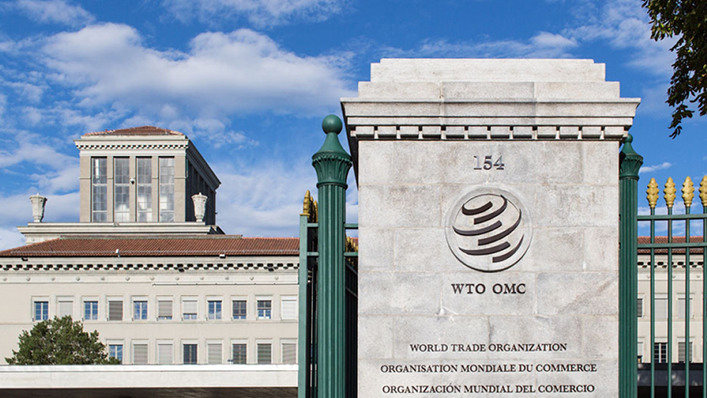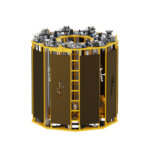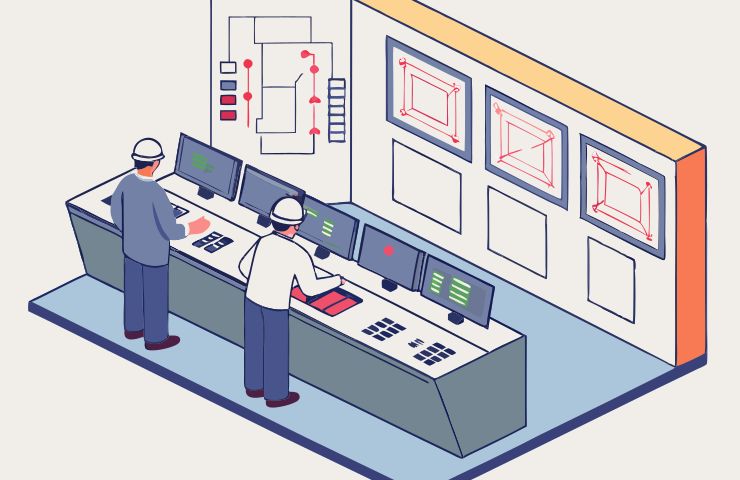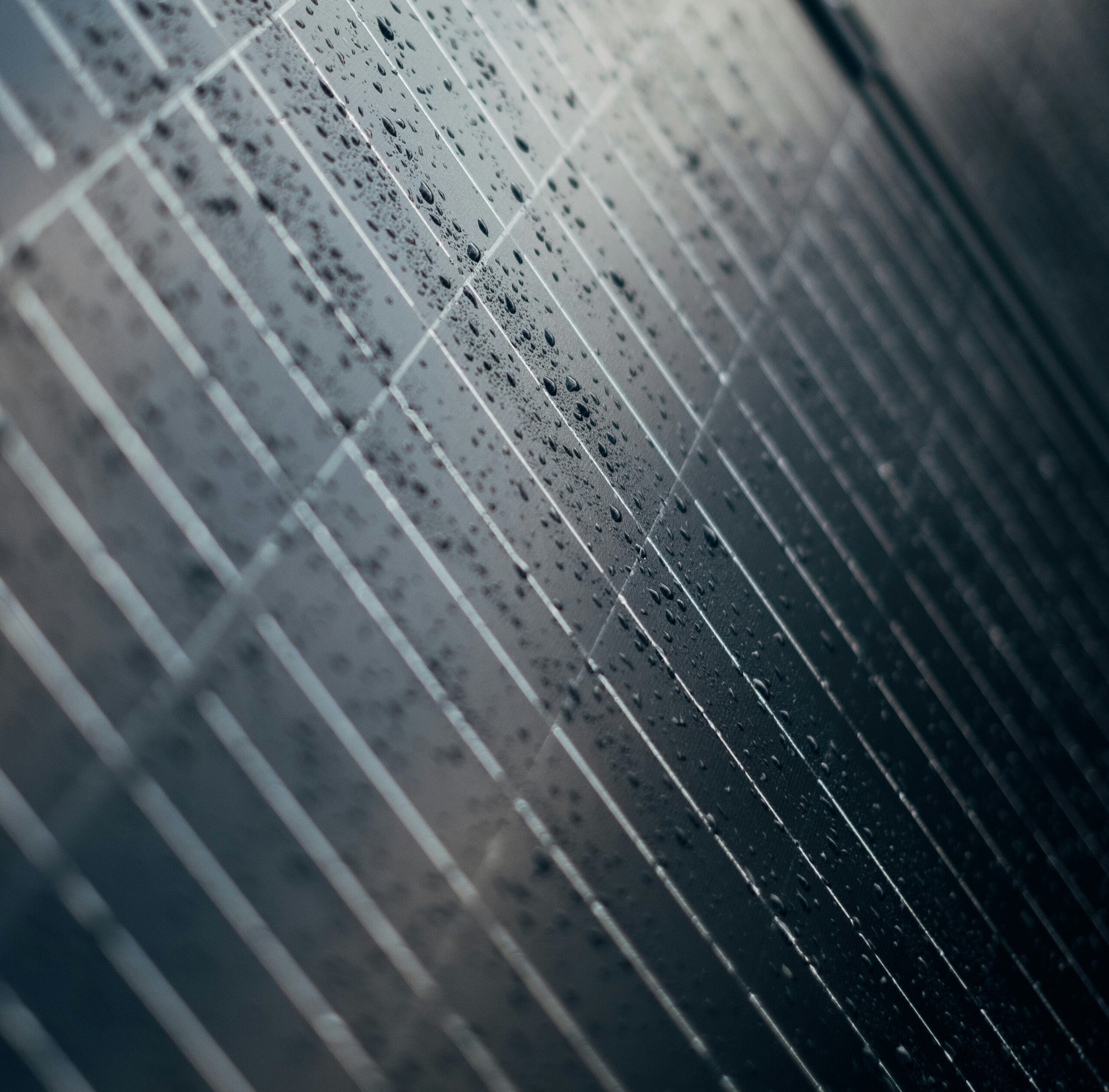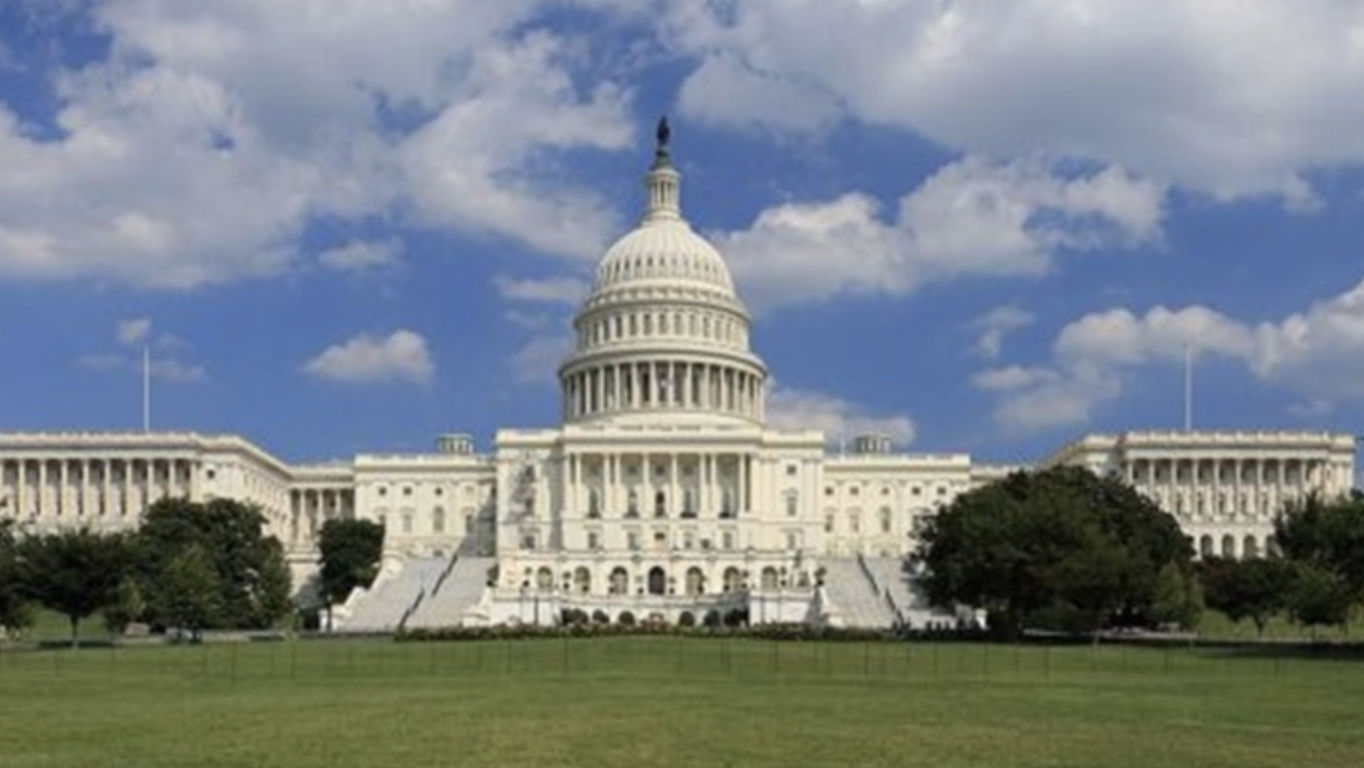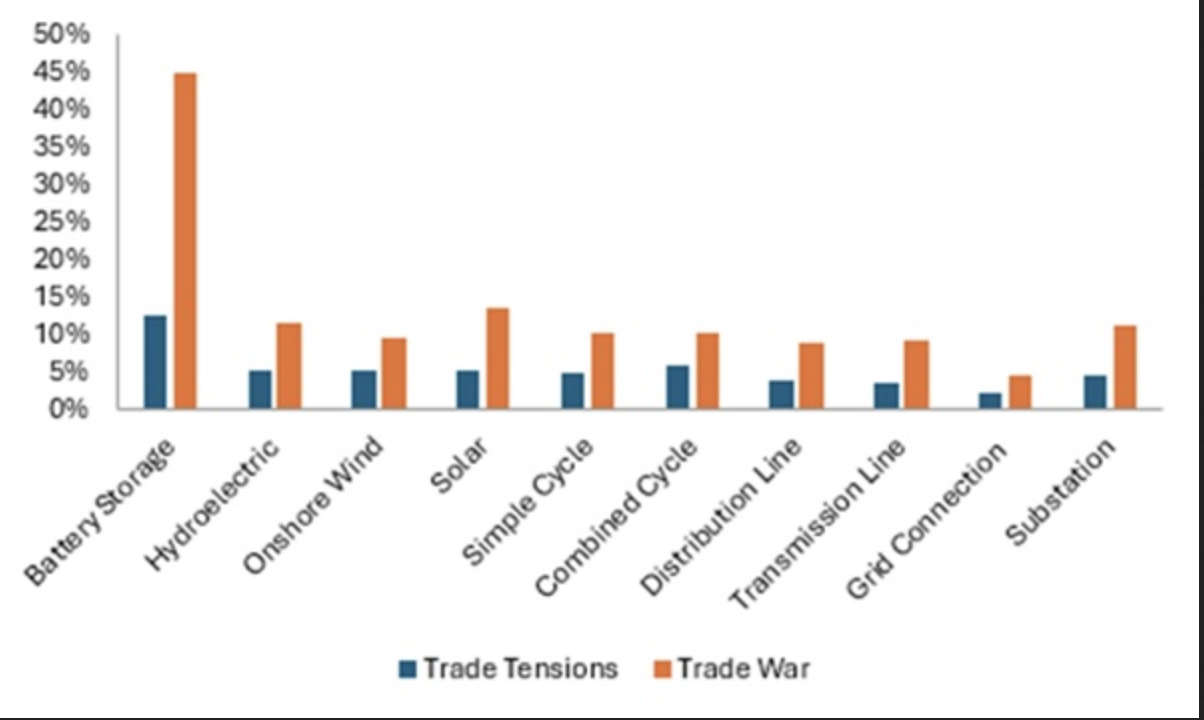Raise the Flag this Fourth with Eder Flag
Meet America’s largest manufacturer of flags and flagpoles and the people behind them.


Meet America’s largest manufacturer of flags and flagpoles and the people behind them.
As Independence Day nears, millions of Americans will hoist the Stars and Stripes in celebration. But how many will pause to think about where that flag came from?
Chances are good it came from Eder Flag, sewn in Oak Creek, Wis., by a diverse workforce with a pride that runs deep.
Eder Flag began in 1887, founded by seven of the Eder brothers who first made pillows, rag dolls, and hunting jackets. In 1903, they stitched their first American flag, and they have been leading the industry ever since. Now employee-owned, Eder Flag produces more than 5 million U.S. flags annually. Every American flag is made in the United States using American materials.

Their flags fly at military bases, city halls, schools, stadiums, and homes from coast to coast. Every Eder U.S. flag is made from start to finish in their Wisconsin facility. Each step, from cutting the fabric to the final stitch, takes place under one roof. Eder Flag also produces more than 20,000 different products, including flags, banners, poles, and accessories.
Their story is also the focus of the 2022 documentary The Flagmakers, now streaming on Disney+. The film, which was nominated for several honors and won an Emmy for Outstanding Short Documentary in 2023, offers an intimate look at the diverse team of immigrant and refugee workers who help bring the American flag to life and what it means to be part of something so deeply symbolic. With over 200 employees from all around the world, these well paid jobs have created community, opportunity and belonging.
“You don’t think about all the sewing that goes into the flag,” says longtime employee Barb in the film. “The first step is sewing the star field to the short stripes. The next person will take the long stripes.” Another worker adds, “Each star has five points, and on every single point the material needs to be turned around, which makes 250 times turned around.”
“Sewing flags, it’s kind of in my blood,” Barb says. You see that pride in every corner of the factory and in every flag that leaves it, including the one flying high above the Statue of Liberty.
The deep symbolism that our Stars and Stripes carry should be more than just rhetoric. With a flood of cheap imported flags in the marketplace, patriotism is too often thrown to the wind to save a buck. Thankfully, Congress has taken action to ensure that any American flag purchased by the federal government must be entirely produced and manufactured in the United States. Shockingly, before the All‑American Flag Act was passed unanimously last July and signed into law by President Biden, only 50% of a flag’s materials had to be domestically sourced if purchased by the federal government.
This Fourth of July, as you raise the flag, take a moment to consider who made it. Behind every flag is a story. At Eder Flag, that story is sewn by American hands, each one carrying a personal journey toward the American Dream.
What's Your Reaction?










